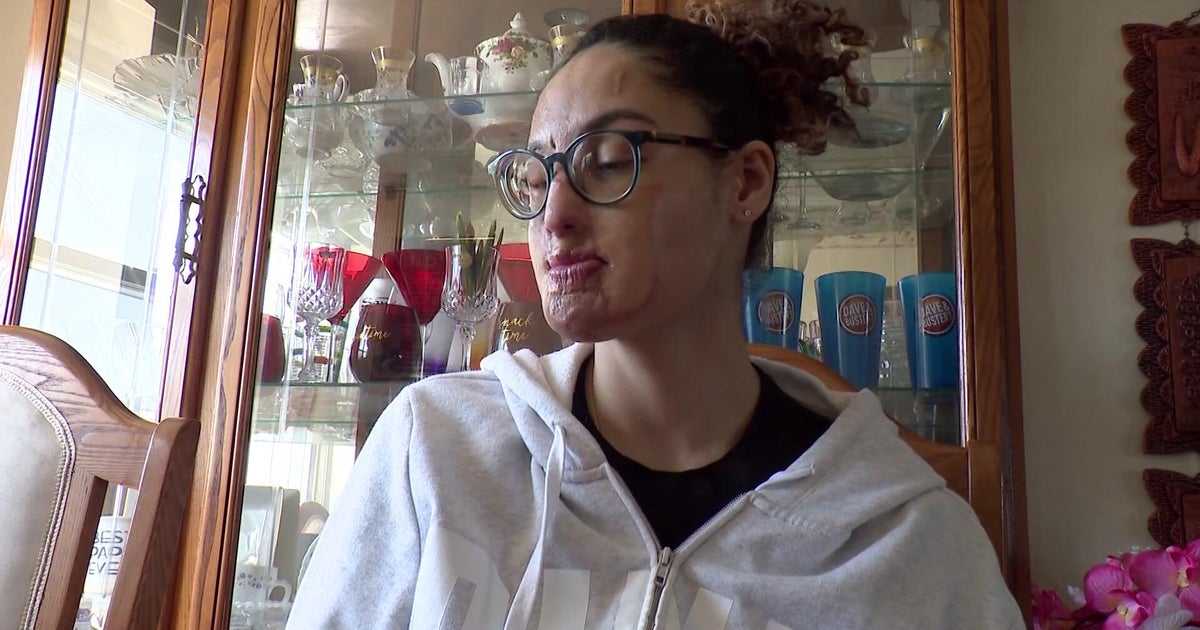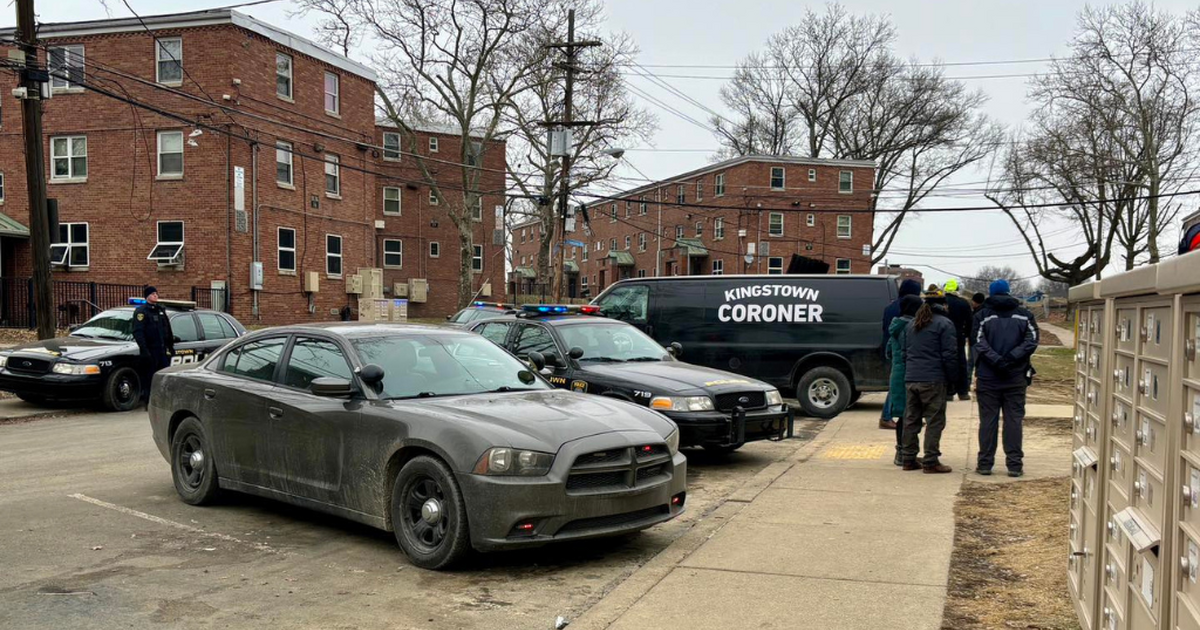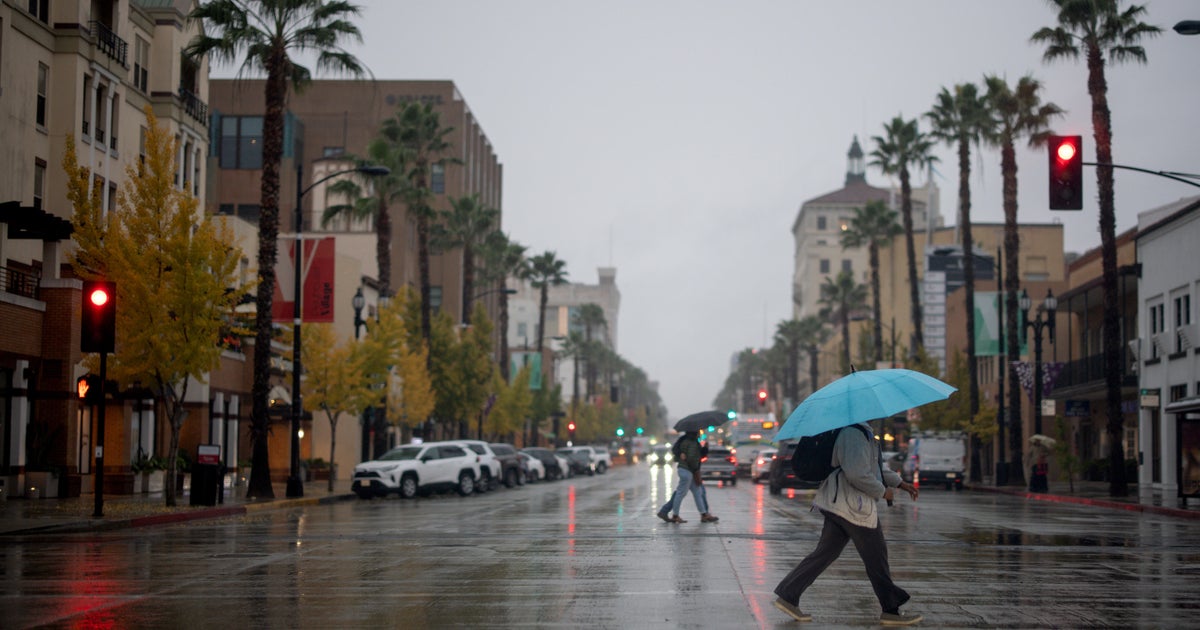At Least 12 Report Rashes After Swimming In Wauconda; Parents Don't Believe It's Swimmer's Itch As Village Reports
CHICAGO (CBS) -- Phil's Beach is a fixture in Wauconda. It has been around for about 100 years and was featured in the film "The Blues Brothers."
But just days after it reopened for the summer, at least a dozen parents are demanding answers after they say their children went for a swim last Wednesday and emerged from the water covered in a rash from head to toe.
"It felt like a billion mosquito bites, except poison ivy added to them," said 9-year-old Jackson Henson as he pointed out red welts covering his body. "I started feeling itchy as soon as I came out of the water."
His aunt says the same thing happened to the other children in the water, including her son.
"Their eyes were burning. They were crying. They were itching," said Denise Bango.
The Village of Wauconda pointed to swimmer's itch at Bangs Lake, which Bango said would be a first for her family.
"I've come to this lake for 25 years, and I've never experienced this ever," she said.
But lake goers like Mike Rennolet are suspicious of the timing.
"On Wednesday I was out on the lake," he said. "I witnessed a boat with a gentleman with a hazmat suit spraying the chemicals all over the top of the lake."
What he saw was an herbicide application to treat underwater weeds. It's a combination of products including diquat.
Clarke is one of the companies commissioned to treat the lake, partially paid for by the residents who live there. In a statement, the company said in part that they are "not aware of any reported skin reactions from [their] applications" throughout the decades of using it. "None of the products used had any labeled swimming restrictions, and residents were notified of a five-day irrigation restriction and signs were posted about the irrigations restriction on treated shorelines."
An email went out to residents who live along the lake, asking them to wait 24 hours before allowing pets to drink the lake water.
"The village will tell you that they gave notice to people who own property on the lake and that's all well and good, but there are thousands of us who use this lake. None of them were properly informed," said Rennolet.
Bango and her sister said they did not see any of the signs along the beach.
"Whether the rashes coincide directly with the chemical or if those vertebrates or bugs were pushed away from their homes and brought to the beach and now these kids are having these attacks from the bugs, people need to know that this is happening," said Cyle Frycek, a local environmentalist who specializes in chemical applications.
For Bango, she of course wants confirmation of what caused the rash, but her demands are twofold.
"I would like to be notified by the [village] when they're going to spray chemicals so we can make our own judgment as to whether we'll go to the lake that day," she said.
CBS 2 is not aware of any reported reactions among Bangs Lake swimmers since Wednesday.
Below is the full statement from Mayor Sode and the Village of Wauconda:
The application that took place this week was performed by Clarke, which is an aquatic and mosquito management company. As in years past, Clarke is contracted by individual property owners along Bangs Lake to apply a herbicide treatment that is designed to mitigate Milfoil, which is an invasive weed in the lake. The Village of Wauconda has a 50/50 partnership program with residents to help cover a portion of the cost.
In a typical year this treatment is applied through an underwater, sub-surface application which more precisely targets treatment areas. Due to the current low lake levels as a result of the current draught, Clarke also used a spray wand on the water surface in certain shallow areas to apply the treatment. Both the sub-surface and surface applications were in compliance with the product labels and EPA guidelines, it just looked a little different than in past years because they were working with low water levels in the lake. All shoreline participants were notified prior to the application, specifically that it is safe to use the lake immediately following the application, including swimming.







